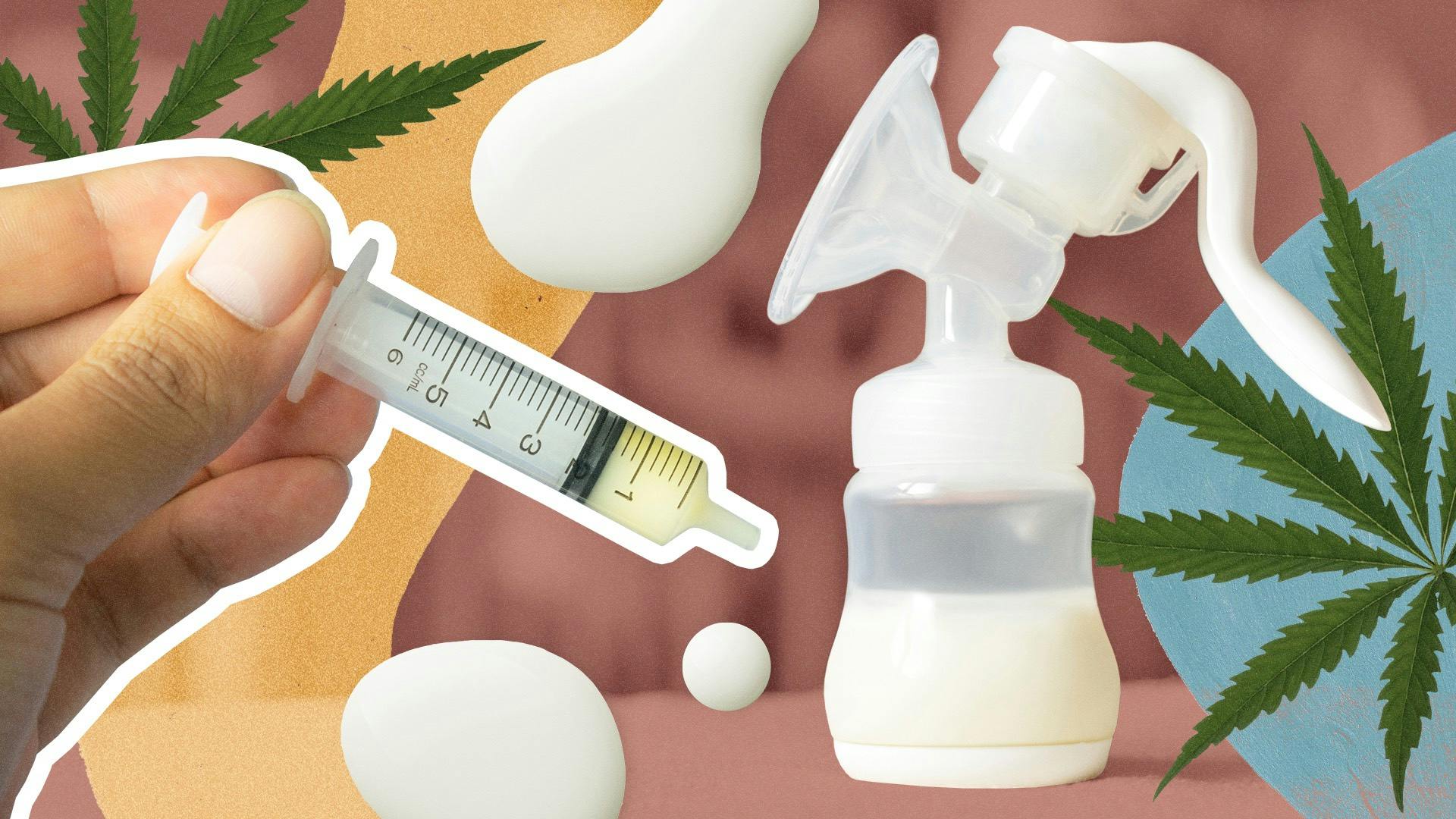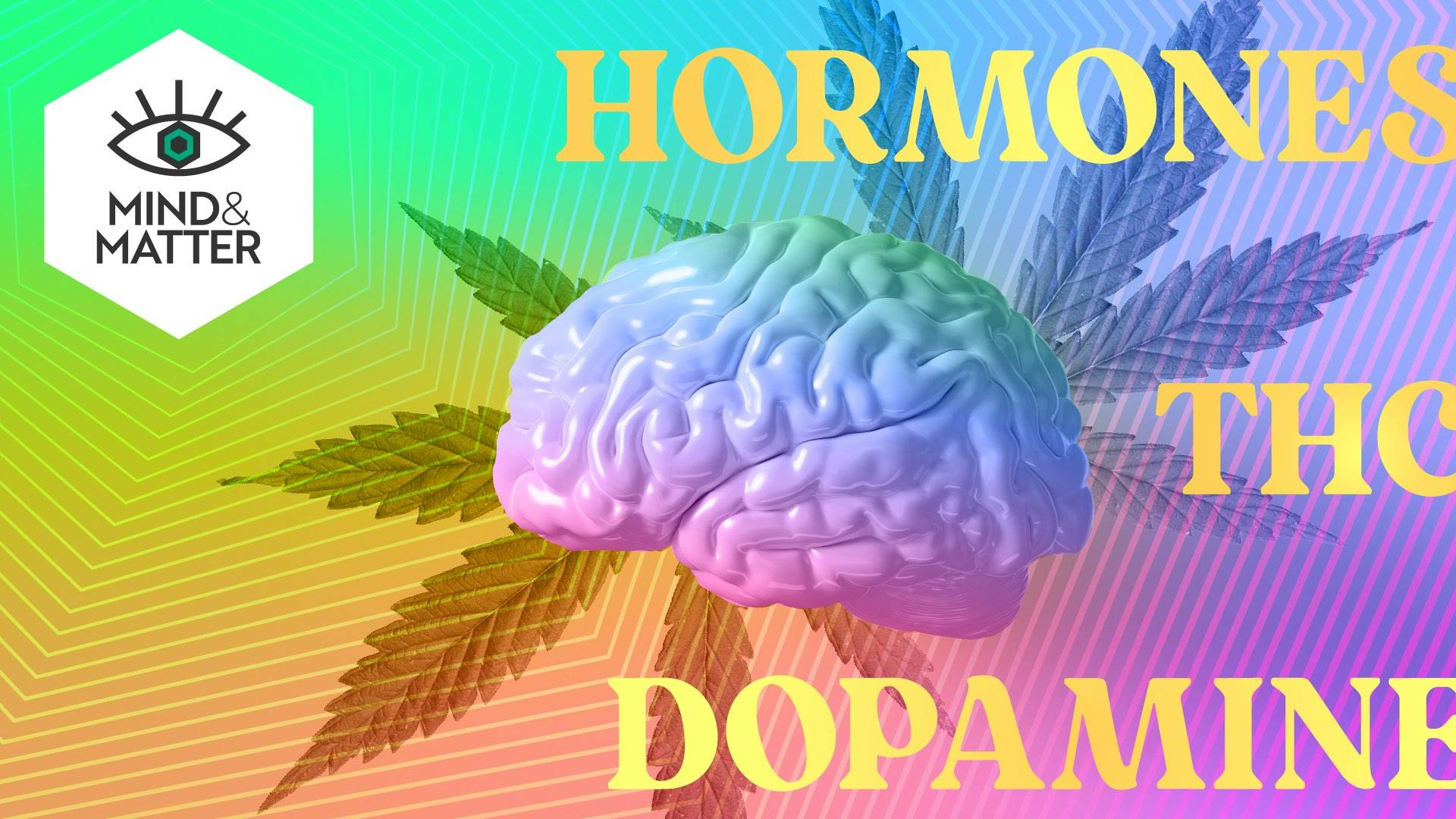A recent large-scale longitudinal study has found no ties between cannabis use during pregnancy and different neurodevelopmental outcomes for exposed children. The study, released in June in the journal Paediatric and Perinatal Epidemiology, had more extensive controls for confounding factors than in previous studies, and followed children to age 20. When researchers accounted for the characteristics of the parents, researchers found no associations between prenatal cannabis and neurodevelopmental differences.
This is positive news, given the fact that 4.2% of pregnant women report using cannabis, and the number has been increasing. Pregnant cannabis users also face arrest, prison, and removal of children in multiple states.
Prenatal marijuana exposure was not associated with secondary outcomes or risks of clinical deficit in any neuropsychological assessments.
Oliver G Isik, ‘Neurodevelopmental outcomes in children after prenatal marijuana exposure,’ 2023
Is cannabis safe during pregnancy?

Cannabis use during pregnancy is still a highly controversial issue. Some praise the plant’s ability to ease morning sickness and the aches and pains of pregnancy. Others worry that cannabis’ potent blend of chemicals may negatively impact the developing child. Unfortunately, research on the topic has been fairly inconsistent.
Some studies show heightened neurodevelopmental differences, such as ADHD, anxiety, and autism, in children who were exposed to cannabis in utero. Others find no association.
Low participant numbers, or weak observational study designs can make it difficult to tell whether cannabis is actually causing these differences.
For example, a 2020 systematic review found that cannabis use during pregnancy may be associated with ADHD and affective symptoms like anxiety in the resulting children. Another 2020 study found that children whose mothers used cannabis while pregnant were 50% more likely to receive an autism diagnosis.
But these studies may not hold up to scrutiny. Experts point to issues in the methodology of much of the available research. Low participant numbers, or weak observational study designs can make it difficult to tell whether cannabis is actually causing these differences.
Neurodivergent children: Cannabis or parental factors?
One of the major issues confusing the research is whether parental characteristics, such as other drugs use or preexisting medical conditions, are being taken into account. For instance, a 2021 study found no association between autism and prenatal cannabis use when maternal education, and alcohol and tobacco use was considered.
A 2023 study found that when maternal stress (a known risk factor for both autism in offspring and cannabis use) was factored in, cannabis exposed children had no higher risks of autism. And a study in 2021 on 2408 children found similar results for ADHD. When confounding factors were considered, no associations remained.
Recent estimates suggest the heritability of autism—the extent to which autism is passed on from parents to children—may be as high as 90%. For ADHD it can be as high as 88%. If researchers aren’t considering whether parents have traits associated with these conditions, it can introduce serious bias into the study.
This is especially important given the fact that both autism and ADHD are correlated with higher levels of substance use, and cannabis may relieve symptoms for both. It may seem like cannabis is causing neurodevelopmental differences. But it may be that parents who are more likely to pass on these differences on, are also more likely to use cannabis during pregnancy.
Study finds cannabis not associated with neurodevelopmental differences
The study released this month, from researchers at Columbia University and the University of Western Australia, Perth, was a step above most of the research on this topic. They opted to control for a wide range of clinical and sociodemographic parental characteristics, which helps avoid many of the limitations previous studies have had. Their study also took place over a long period of time. Using data on 2,868 children from the Raine Study, researchers were able to analyze the progression of prenatal cannabis exposure from pregnancy to age 20.
This is a much longer span of time than most studies have looked at.
To accomplish this, the children underwent neuropsychological testing at ages 10, and again at 19 or 20. This is a much longer span of time than most studies have looked at. Combined with a large sample size, and more extensive controls, it provides a clearer picture of what can really be attributed to prenatal cannabis use.
With these controls in place, researchers found no associations. The authors explain that “Children with PME [prenatal marijuana exposure] did not perform worse on neuropsychological assessments than unexposed children at ages 10 and [again at ages] 19 to 20.”
Study limitations: Cannabis keeps changing
While this is positive news, the study was not without its own limitations. One major factor is the shift in cannabis potency and differences in how people use cannabis, over the last few decades. This cohort included children born from 1989-1992, and may reflect lower levels of THC exposure than would be encountered in children born today. The study’s authors conclude that “further research is warranted in a more contemporary birth cohort with a range of neuropsychological outcomes to further elucidate the effect of prenatal marijuana exposure on neurodevelopment.”
Until we get more conclusive data, experts still recommend that women abstain from cannabis use during pregnancy.








